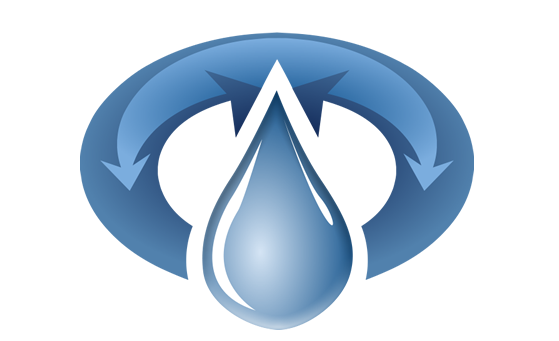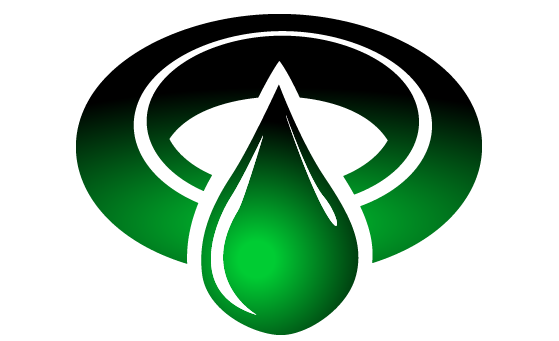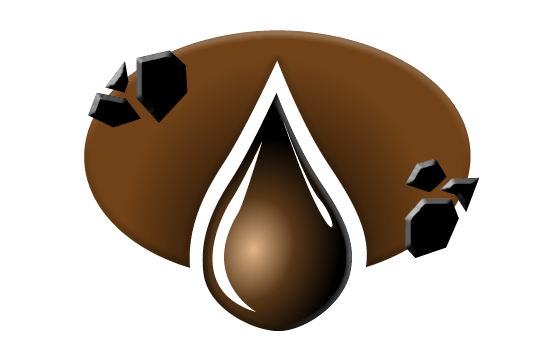HYDROCARBON RECOVERY SPECIALISTS
SR2O Has Multiple Divisions to Solve Your Energy NeedsScrap tires are an immense problem. Our Municipal Tire recycling solution processes over 240 tons of scrap tires per day, in a clean controlled environment.
Our proven, continuous feed system is now in its 3rd generation design with advanced refining enhancements that produce advanced renewable fuels and high quality activated carbons used for water purification and reducing air emissions.
Our proven, continuous feed system is now in its 3rd generation design with advanced refining enhancements that produce advanced renewable fuels and high quality activated carbons used for water purification and reducing air emissions.
Proper evaluation of feedstock and supply is critical in the emerging biofuels industry. There are key processing parameters that determine the appropriate equipment and configuration for each unique feedstock.
The comprehensive approach that has been taken to maximize yields and product quality have allowed SR2O to create drop-in ready fuels from several types of biomass. With a properly managed feedstock supply, fuels can be produced and sold in markets at equivalent pricing to petroleum based fuels.
The comprehensive approach that has been taken to maximize yields and product quality have allowed SR2O to create drop-in ready fuels from several types of biomass. With a properly managed feedstock supply, fuels can be produced and sold in markets at equivalent pricing to petroleum based fuels.

Plastics are created primarily from energy feedstocks, typically natural gas or oil (mostly natural gas in the United States). The hydrocarbons that make up plastics are embodied in the material itself, essentially making plastics a form of stored energy, which can be turned into a liquid fuel source.
Our approach to soil reclamation or remediation and hydrocarbon recovery is developed for each specific site.
Our processes and flexible equipment configurations typically incinerate toxic or hazardous materials after any entrained valuable hydrocarbon material is extracted.
Our processes and flexible equipment configurations typically incinerate toxic or hazardous materials after any entrained valuable hydrocarbon material is extracted.
Examples of extractable materials are oils, asphaltenes and other valuable hydrocarbons that are further processed to maximize the market value of the final products.


